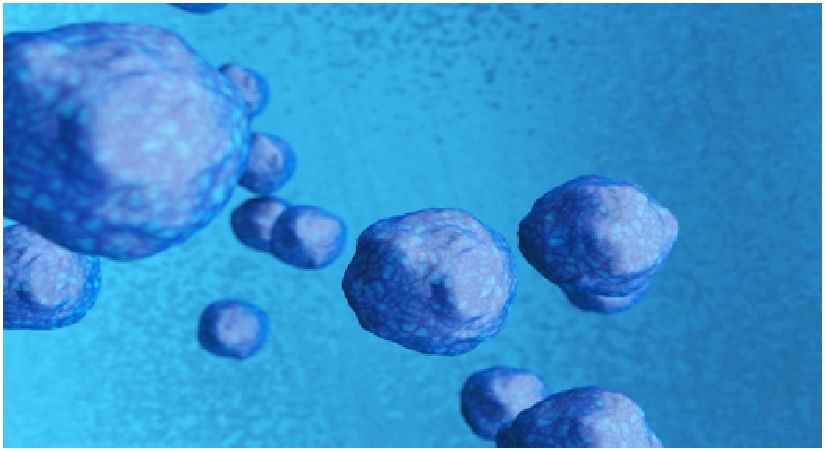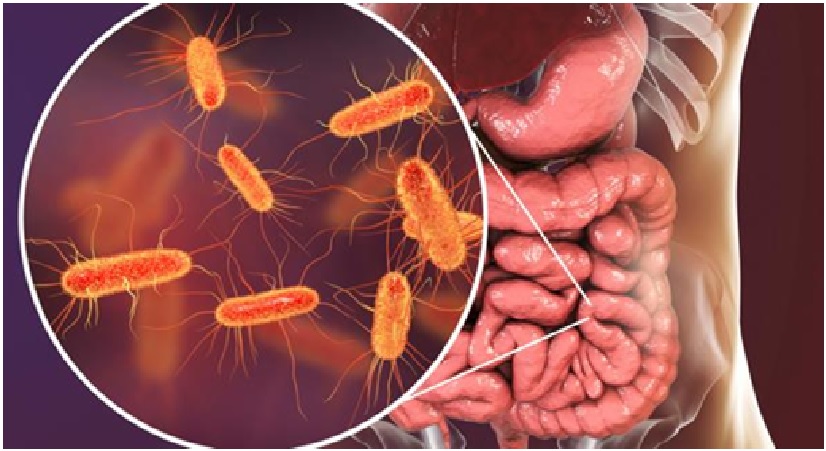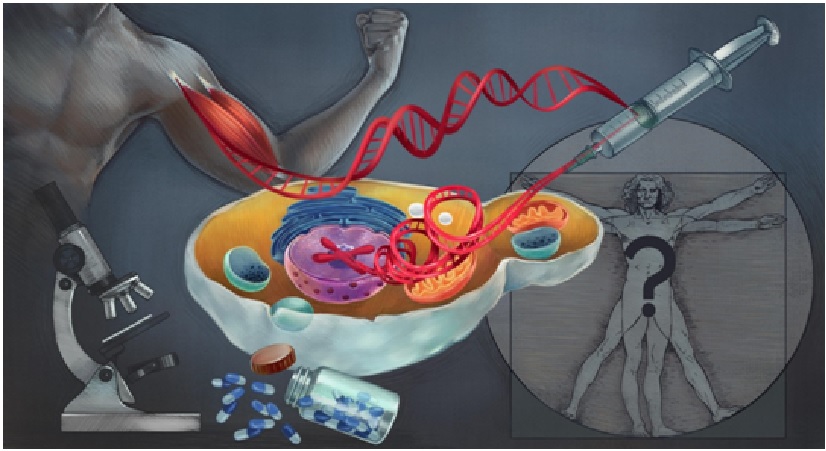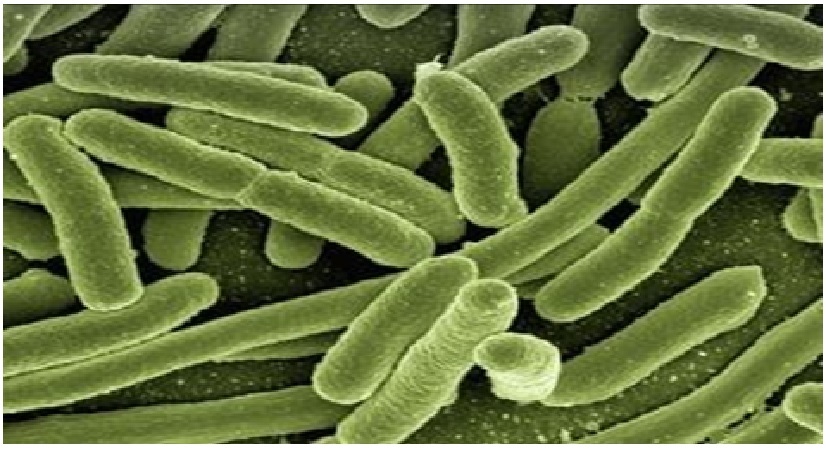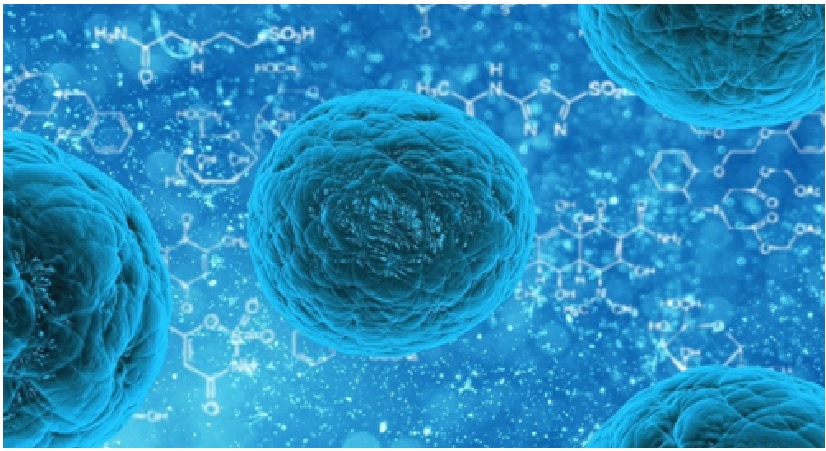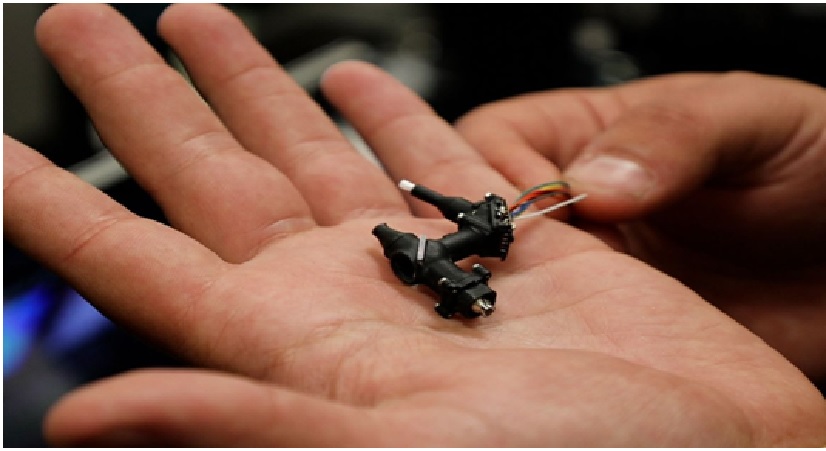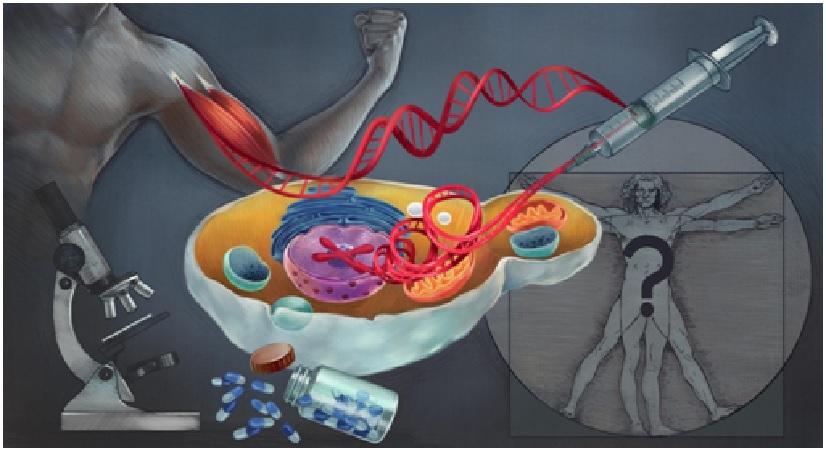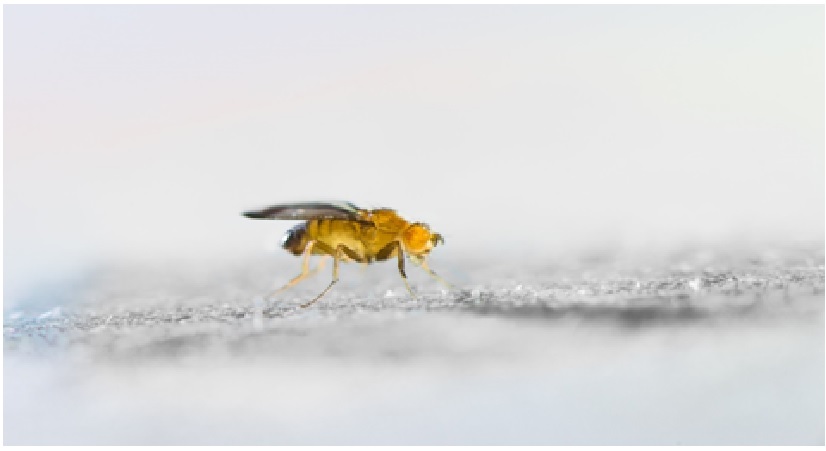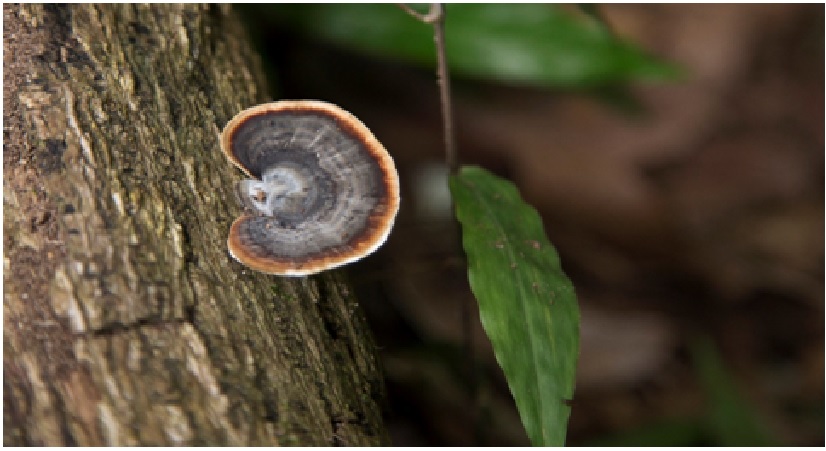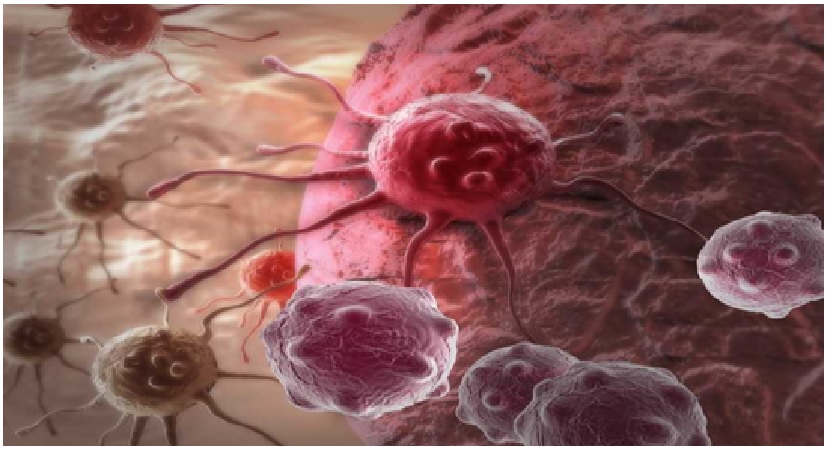Elephant Holds p53 Protein Genes which Control Cancers
Scientists from seven research institutions including the University of Oxford and the University of Edinburgh have used pioneering bioinformatic modelling to investigate the molecular interactions of the p53 protein known to give protection against cancers.
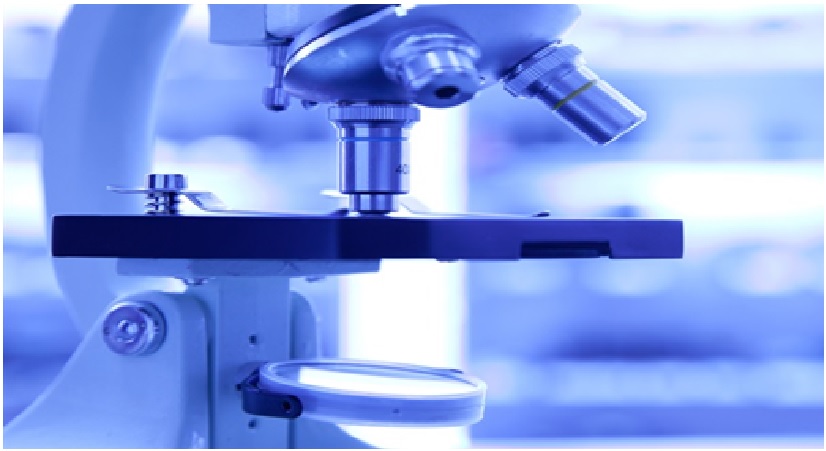
Figure 1: The p53 protein give protection against cancers – elephants have more.
Figure 1 shows that tumors as a result of the accumulation of such gene mutations increase in risk with age – but unlike humans, elephants seem to buck this trend. Despite their large body size and a life expectancy comparable to humans, cancer mortality in elephants is estimated at less than 5% (rather than up to 25% in humans).
Scientists link elephants’ high resistance to cancer to their 20 copies of the p53 gene – the ’guardian of the genome’ – compared with the single p53 gene found in other mammals. [1]Elephants have 20 copies of the p53 gene, known as the “guardian of the genome.” According to scientists, elephants’ high resistance to cancer is linked to these genes.
In a new study, scientists from seven research institutions, including the University of Oxford and the University of Edinburgh, used pioneering bioinformatic modeling to identify the molecular interactions of the p53 protein known to give protection against cancers.
P53 regulates the repairing mechanisms of the DNA. It also stops uncontrolled cell growth. Activation of this protein occurs when DNA is damaged. Upon activation, it helps orchestrate a response that pauses DNA replication and repairs any uncorrected copies of the cell.
In replicated cells with undamaged DNA, the p53 repair activity is unnecessary and is inactivated by another protein, the oncogene MDM2 E3 ubiquitin ligase.Elephants seem to have 40 alleles, or versions, from its twenty p53 genes, but each is structurally slightly different. This gives elephants a broader range of molecular anti-cancer interactions than humans with just two alleles from a single gene. [2]
Using biochemical analysis and computer simulations, the researchers found key differences in the handshake interaction between the elephant’s different p53 isoforms and the MDM2.
The minor variations in molecular sequence result in a different molecular structure for each of the p53 molecules. The small structural differences alter the three-dimensional shape of the isoform and significantly alter the handshake function between the p53 and MDM2.
The research team found that, as a result of the changes in coding sequences and molecular structure, a number of p53 escaped the interaction with MDM2 that would normally result in their inactivation. The findings are the first to show that the different p53 isoforms found in the elephant do not get degraded or inactivated by MDM2 – unlike in humans. [3]
References:
- https://indiaeducationdiary.in/elephant-genes-could-hold-the-key-to-avoiding-cancers/
- https://www.techexplorist.com/elephant-genes-hold-key-avoiding-cancers-study/52519/
- https://www.ox.ac.uk/news/2022-07-15-elephant-genes-could-hold-key-avoiding-cancers
Cite this article:
Sri Vasagi K (2022), Elephant Holds p53 Protein Genes which Control Cancers, AnaTechMaz, pp.85


